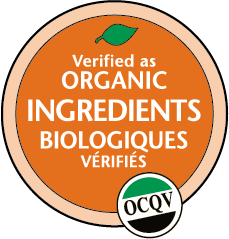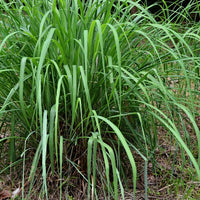
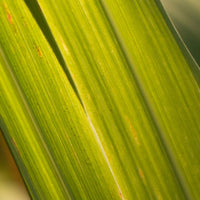
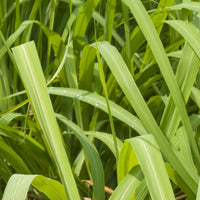
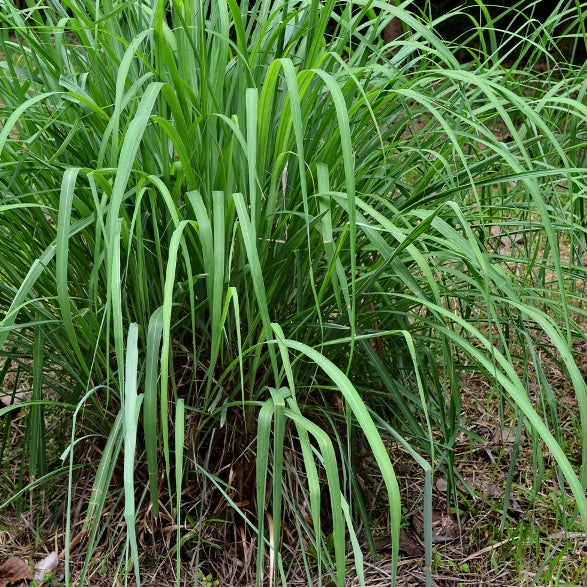

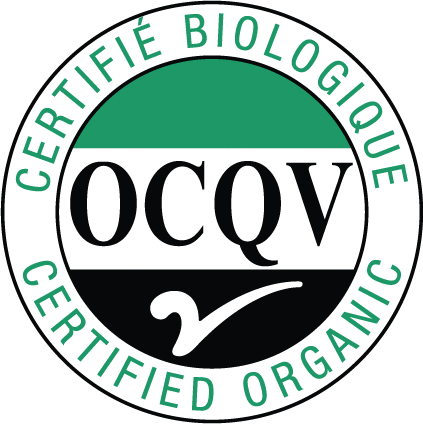
- Home
- Citronella (Java)(Cymbopogon winterianus) - Organic Essential Oil
Citronella (Java)(Cymbopogon winterianus) - Organic Essential Oil
Couldn't load pickup availability
| Latin name: Cymbopogon winterianus |
| French name: Citronnelle de Java |
| English name: Citronella (Java) |
| Family: Poaceae |
| Country of origin: Indonesia, India, Vietnam |
|
History and origin: Java citronella is a herb native to Indonesia that features long, narrow leaves, stems, and inflorescences that are also linear. Citronellas are large perennial herbs, wild or cultivated in tropical regions. It generally grows in temperate regions but demonstrates good adaptability. Its preferred soil is sandy and moist. It can be easily domesticated and kept in a pot as a houseplant. Its fresh, green, lemony scent is similar to that of lemon balm, lemon thyme, and lemon verbena, for which it is sometimes substituted. It is part of traditional dishes in several countries such as India, Thailand, Malaysia, Vietnam, and Indonesia. It brings a slightly lemony flavor. It is also found in Malaysian, Indonesian, and Chinese cuisines, as a marinade for fish and meat. It is also used in Morocco to flavor the typical Moroccan mint tea. It is found fresh in certain French dishes. In North Africa, lemongrass is planted in front of doors and windows of homes to repel mosquitoes. |
Data sheet
Uses
Tips
Safety
Chromatography
FAQ
Filter by category


